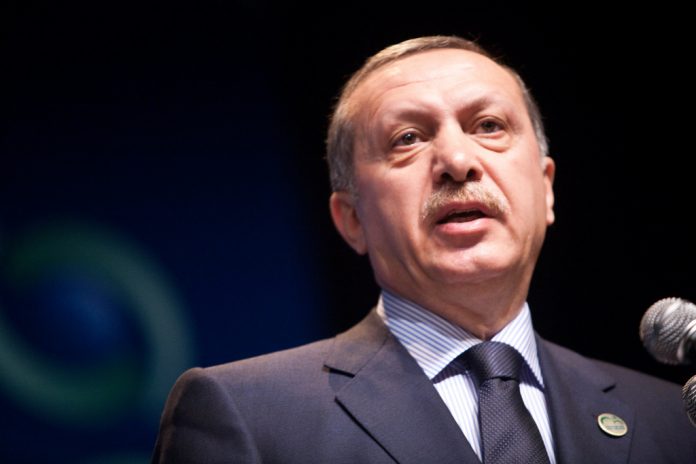Turkey may be better positioned than Russia, the European Union and China to play a key role in the Western Balkans. After all, Ankara has long considered the Western Balkans part of its sphere of influence.
The Ottoman Empire encompassed Serbia, Bosnia-Herzegovina, Macedonia, Albania and Kosovo up to 1918. A century on from the Ottomans’ demise, Turkey is again looking covetously at the region.
As reported by Deutsche Welle (DW), Germany’s international broadcaster, Turkey’s share in Serbia’s foreign trade is only about 3.5%, but it has crept almost without notice into Serbia’s top 10 trading partners and Kosovo’s top three. Turkish construction companies, for example, are building and will operate 20 power plants in Serbia.
Emerging Turkish-Serbian economic relations are indeed likely to be focused on energy, the showpiece being the Turk Stream gas pipeline led by Russian energy giant Gazprom.
Data published by DW show that the Western Balkans makes up only a fraction of Turkey’s foreign trade, compared with trade with the EU of around €145bn. But President Recep Tayyip Erdogan recently spoke of increasing Turkish investments in Serbia to $5bn in the longer term, from around €1.7bn in 2017.
However, with the Turkish lira down 42% against the dollar this year, there are questions as to whether Ankara can meet its promises of investment in the EU’s southeastern backyard.
“We are worried that the crisis in Turkey cannot be without repercussions for us,” Serbian Trade Minister Rasim Ljajic said recently.
Analysts agree that the weakened lira will have a negative impact on Turkish government spending, meaning fewer funds will be available for the Turkish state’s activities in the western Balkans.
“But this does not necessarily mean that Turkish private sector investments will decline,” Gareth Jenkins, a senior researcher at the Institute for Security and Development Policy, told DW.
“Keeping money in safe accounts in the relatively stable Balkans might be considered a good idea by many Turkish businesses,” Poland-based Balkan expert Jan Mus told DW. He points to Serbia’s $400m loan from Turkey’s Exim Bank to develop infrastructure.
“We have not seen any negative development in Turkey’s western Balkan economic relationships because of the current difficulties in the Turkish economy so far,” Alper Ücok, a representative of TUSIAD Berlin, the Turkish Industry & Business Association, told DW.
“The amount of investments and trade is simply too low to have a significant impact in those markets. In that regard, for the western Balkans, the best is yet to come from Turkey,” Aleksandar Medjedovic, a board member of the Turkey-Croatia Business Council at DEIK in Istanbul, told DW.
‘My estimation is that in the long term, we will see more investments from Turkish companies, not only in the Balkans but also all over Europe,” he added.
Meanwhile, some in Turkey argue that their country’s role in the western Balkans does not compete with the EU’s plans there, but in fact complements them. “Turkey is not Russia,” Sinan Ülgen, a former Turkish diplomat and visiting fellow at think tank Carnegie Europe, told Politico. “Turkey is not in the business of trying to dissuade the Western Balkan countries from converging with the EU – on the contrary.”

